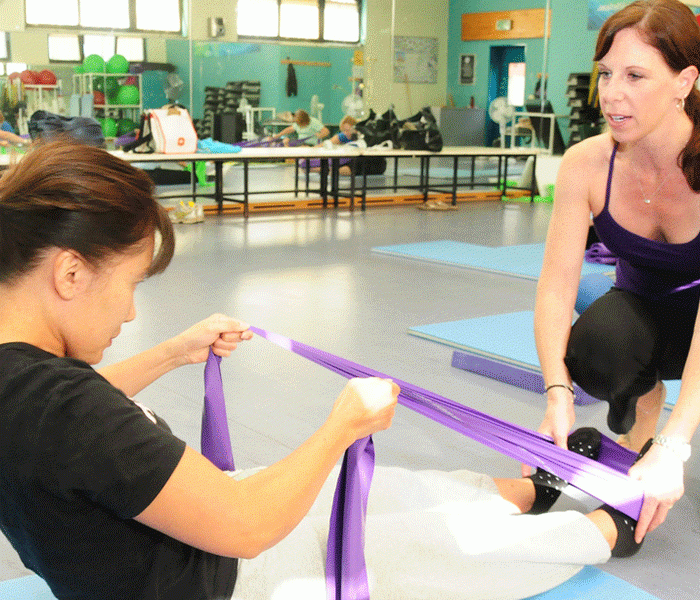Patients with cancer experience debilitating fatigue. In fact, cancer-related fatigue has its own definition. Cancer-related fatigue is a distressing, persistent, and subjective sense of tiredness or exhaustion. It's not proportional to activity and interferes with usual function.
Fatigue often impacts a patient’s quality of life, and it’s common to experience it during treatment. Up to one-third of patients with cancer experience fatigue for years following their treatment.
Cancer impacts nearly 14.5 million people a year, and is expected to affect almost 19 million by the year 2024. Patients are not alone in their fight against cancer or the accompanying sense of tiredness and lethargy. ONS's Putting Evidence Into Practice (PEP) resources provides the tools you need when helping patients overcome cancer-related fatigue.
1. Get Up and Get Moving
A body in motion, tends to stay in motion–right? It’s an age-old phrase and philosophy that most are familiar with, and physical activity is an effective way of tackling fatigue. There is no need for your patients to start running marathons and bench-pressing their maximum weight. Have them simply take a walk in the park, attend a beginner’s yoga class, or complete a video in their own home. Be sure to tailor the level of physical activity to the patient's needs.
The ONS Get Up, Get Moving campaign is designed to help nurses like yourself help patients with cancer understand the importance of physical activity. There are a number of ways to share it with your patients by showing them the patient video along with other resources.
2. Refocus, Relax, and Recover
An average human-being is likely to become stressed and as a result fatigued. Now, a patient with cancer can expect to have their stress levels multiplied. Luckily, there are ways to reduce stress and avoid becoming fatigued.
For example, patients with cancer have found mindful-based stress reduction to be helpful in becoming better aware of their own feelings, thoughts, and emotions. A more relaxing way to refocus is to try massage aromatherapy. Recommend massage aromatherapy to patients experiencing high levels of anxiety, depression and sleep-wake disturbances.
3. Embrace the Benefits of Ginseng
Ginseng has been used for centuries to boost the immune system and manage stress. It has been used as a complement to traditional treatments. Herbal supplements and teas contain ginseng, and the amount or method your patient uses will vary based upon current treatments and severity of their fatigue.
4. Take Control of Sleep
When your patients are fatigued, it’s normal for them to feel like they always need a nap, or as if they could sleep longer. The truth is, if they slept better they'd be less fatigued. Cognitive behavioral interventions help patients with cancer change their sleep behaviors and reduce disturbances. Talk to your patient about their night-time routines, how often they wake up during the night, and discuss options to overcome these interruptions.
Fatigue doesn’t have to have control over their daily lives. Help your patients overcome their cancer-related fatigue with these tips and others in the ONS Putting Evidence Into Practice resources.






